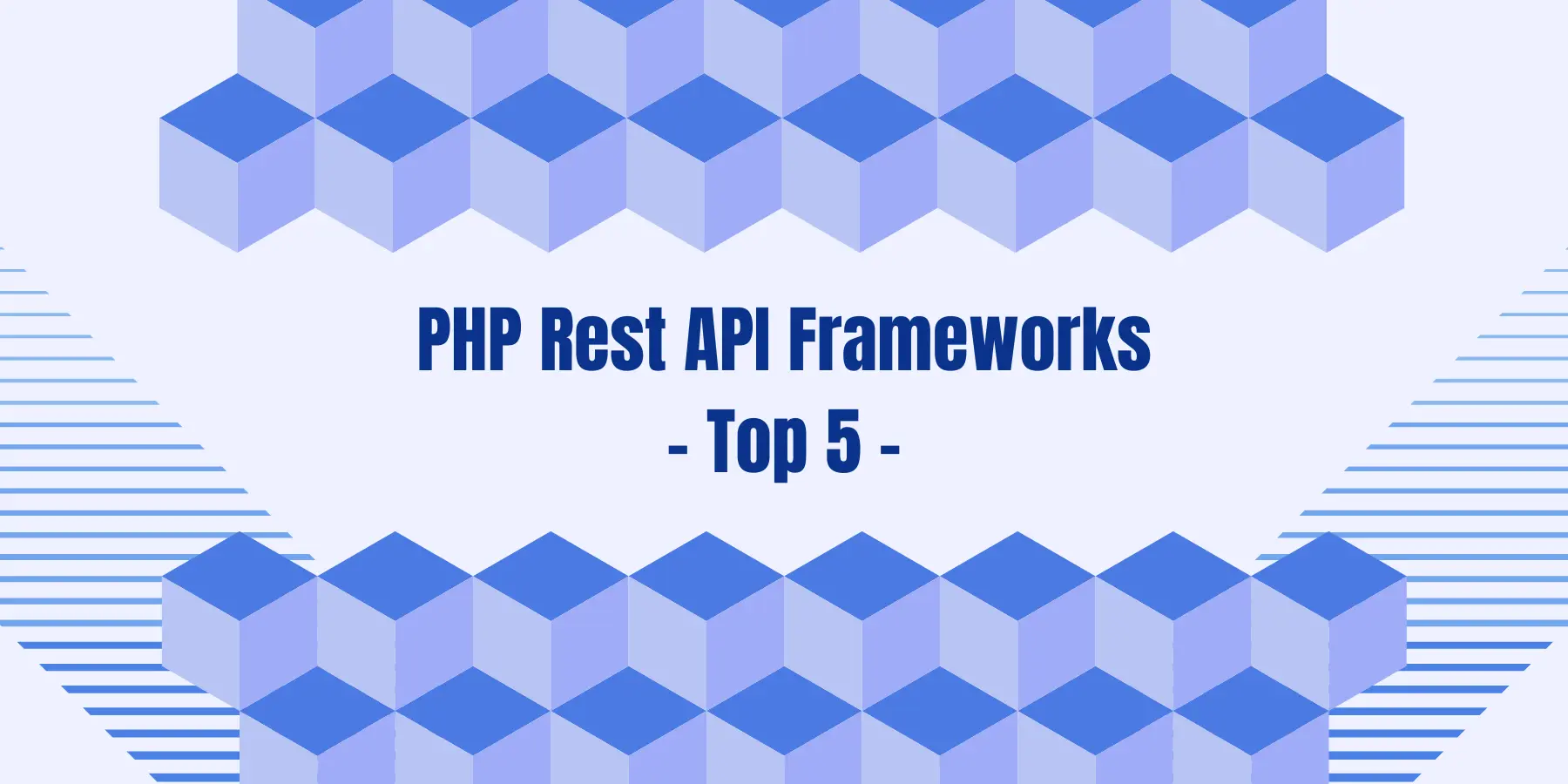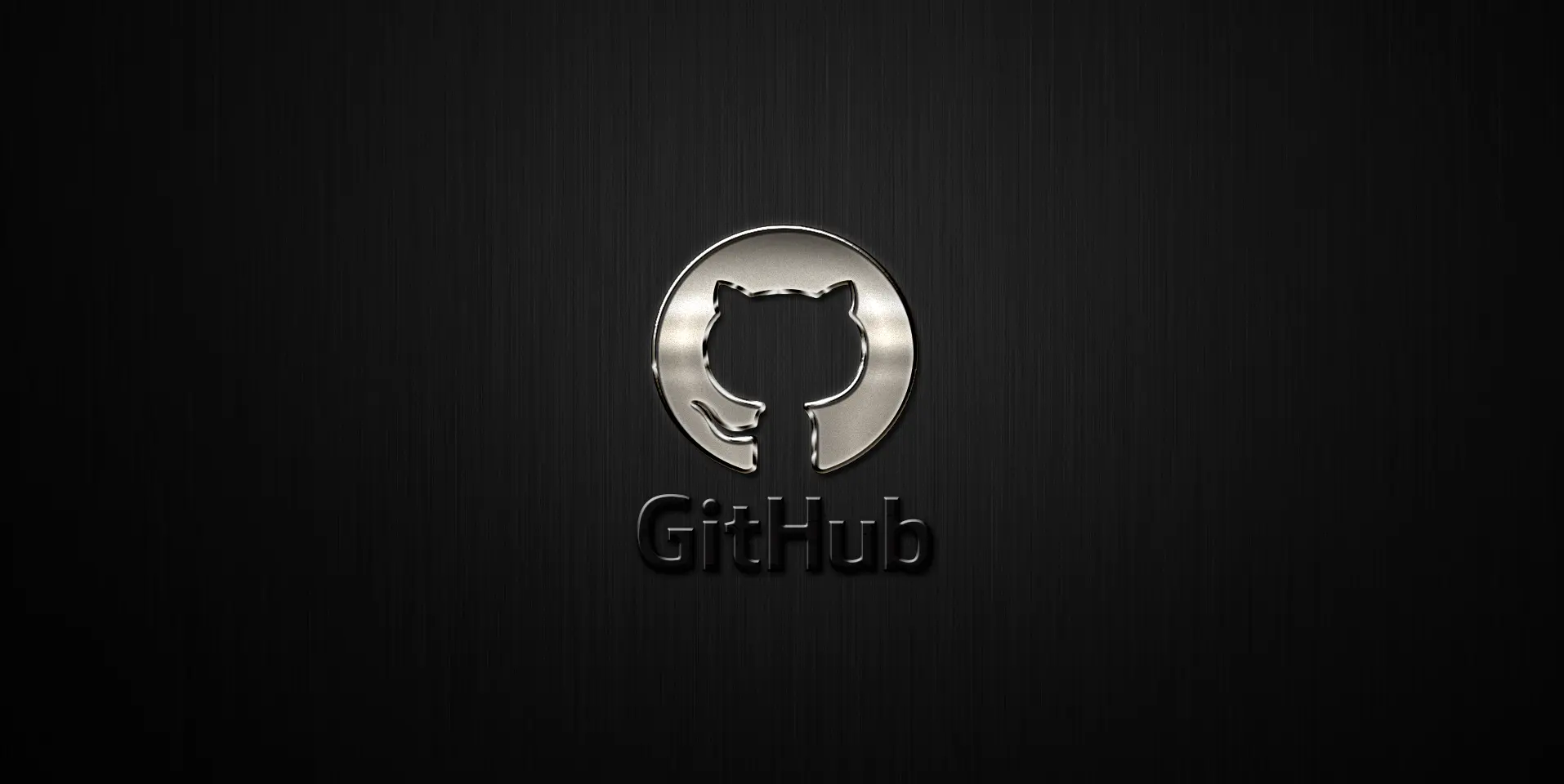In the ever-evolving landscape of web development, creating robust and efficient RESTful APIs has become a pivotal aspect of building modern web applications. PHP, a widely-used scripting language, has a plethora of frameworks designed to streamline the development of REST APIs. In this article, we’ll delve into the top five for a PHP REST API framework, guiding you through their features and helping you choose the one that suits your project best.
1. Laravel
Laravel stands as a titan among PHP REST API frameworks, known for its elegant syntax and robust feature set. It provides the perfect balance between simplicity and flexibility, making it an excellent choice for developers of all skill levels.
The key features of Laravel for building REST APIs include:
- Eloquent ORM: Eloquent is an intuitive and expressive ORM (Object-Relational Mapping) that simplifies database interactions, allowing developers to focus on the logic rather than SQL queries.
- Routing: Laravel offers a powerful routing system that makes defining API endpoints a breeze. It supports RESTful resource controllers, making it easy to define CRUD operations.
- Middleware: You can apply middleware to filter HTTP requests entering your application. This is incredibly useful for tasks like authentication, CORS handling, and request validation.
- Authentication: Laravel provides a built-in authentication system that’s easy to configure for securing your API. It supports token-based authentication out of the box.
- Testing: Laravel simplifies the testing process with PHPUnit integration, allowing you to ensure the stability and functionality of your API endpoints.
- Community and Ecosystem: Laravel boasts a vibrant community and a rich ecosystem of packages and extensions, which can significantly expedite your development process.
Laravel’s versatility and comprehensive documentation make it a top choice for PHP REST API frameworks. If you’re looking for a framework that combines ease of use with powerful features, Laravel should be high on your list of considerations.
2. Symfony
Symfony is another heavyweight in the world of PHP development, and it offers a dedicated component called Symfony API Platform for building RESTful APIs.
Here are the standout features of Symfony for API development:
- Flexibility: Symfony is highly flexible, allowing you to choose only the components you need. This modularity ensures your API remains lightweight and efficient.
- Doctrine ORM: Symfony uses Doctrine as its default ORM, which is a powerful and extensible tool for database interaction.
- API Platform: Symfony’s API Platform is a collection of tools and libraries designed specifically for building REST APIs. It offers features like automatic documentation generation, GraphQL support, and data validation.
- Security: Symfony has a robust security component that helps you implement authentication and authorization for your API endpoints.
- Performance: Symfony’s caching mechanisms and optimizations ensure excellent API performance, even under heavy loads.
- Scalability: With its microservices-friendly architecture, Symfony is a great choice for projects that may need to scale in the future.
Symfony’s extensive documentation and active community support make it a strong contender for PHP REST API development, especially for those who value flexibility and scalability in their projects.
3. Slim Framework
Slim is a lightweight PHP REST API framework designed for simplicity and minimalism. It is an ideal choice for small to medium-sized projects where a full-stack framework like Laravel or Symfony might be overkill.
Key features of Slim for API development include:
- Routing: Slim provides a straightforward routing system that allows you to define API endpoints with ease.
- Middleware: Middleware support in Slim simplifies tasks such as authentication, input validation, and CORS handling.
- Dependency Injection: Slim uses dependency injection containers, making it easy to manage and inject dependencies into your application.
- Customization: Since Slim is minimalistic, you have the freedom to choose your components and libraries to tailor your API to your specific needs.
- Performance: Slim’s lightweight nature ensures excellent API performance, even on resource-constrained servers.
- Documentation: Slim’s documentation is clear and concise, making it a fantastic choice for developers who prefer to get up and running quickly.
If you’re working on a small to medium-sized project and value simplicity and performance, Slim Framework is a compelling choice for building RESTful APIs in PHP.
4. Laminas (formerly Zend Framework)
Laminas, previously known as Zend Framework, is a mature and robust PHP framework with a long history of success in enterprise-level applications. While it may be considered overkill for smaller projects, Laminas excels when it comes to complex, large-scale REST API development.
Key features of Laminas for API development include:
- Modularity: Laminas embraces a modular architecture, allowing you to select and use only the components you need for your project.
- Middleware: Middleware support in Laminas facilitates the implementation of cross-cutting concerns, such as authentication and logging.
- Validation: Laminas offers powerful validation components to ensure the integrity of your API data.
- Authentication: Implementing robust authentication mechanisms is made easier with Laminas’ built-in tools.
- API Versioning: Laminas makes it simple to version your API endpoints, ensuring backward compatibility with existing clients.
- Extensive Libraries: Laminas provides a wide range of libraries and tools that can be employed to simplify various aspects of REST API development.
While Laminas might have a steeper learning curve compared to other frameworks, it shines when handling complex and large-scale REST API projects. Its extensive documentation and enterprise-level support make it a top choice for such scenarios.
5. Phalcon
Phalcon stands out as a unique PHP REST API framework due to its C-extension architecture, which makes it incredibly fast and efficient. It’s a great choice for projects where performance is a critical factor.
Key features of Phalcon for API development include:
- Speed: Phalcon is one of the fastest PHP frameworks available, thanks to its C-extension implementation.
- Dependency Injection: Phalcon’s built-in dependency injection container streamlines the management of components and services.
- ORM: The framework includes an ORM that simplifies database interactions, similar to Laravel’s Eloquent.
- Security: Phalcon has robust security features, including built-in protection against common web vulnerabilities.
- Caching: Caching mechanisms are built into Phalcon, further enhancing API performance.
- Community and Add-ons: Although smaller than some other communities, Phalcon’s community offers valuable add-ons and extensions.
Phalcon is an excellent choice for projects where speed and performance are top priorities. While it may not have the same level of community support as some other frameworks, its unique architecture and performance benefits make it a compelling option for the right use cases.
Conclusion
In the world of PHP REST API frameworks, the options are vast, each catering to different project requirements and developer preferences. To choose the best framework for your project, consider factors such as project size, complexity, performance needs, and your familiarity with the framework.
- Laravel is an all-around excellent choice for most projects, offering a combination of ease of use and powerful features.
- Symfony excels in flexibility and scalability, making it ideal for projects with evolving needs.
- Slim Framework is perfect for small to medium-sized projects that value simplicity and performance.
- Laminas is a mature and robust choice for large-scale enterprise applications.
- Phalcon stands out for its exceptional speed and performance, making it ideal for performance-critical projects.
Ultimately, the best PHP REST API framework for your project will depend on your specific requirements and your comfort level with the framework’s features and ecosystem. Remember to consider your project’s scalability, performance, and long-term maintenance needs when making your decision. With the right PHP REST API framework, you can streamline development and deliver efficient and reliable APIs for your web applications.
If you enjoyed this article, check out our latest post on sending mail using Laravel 8. As always, if you have any questions or comments feel free to contact us.




Pingback: CSS WebKit Keyframes - Red Surge Technology